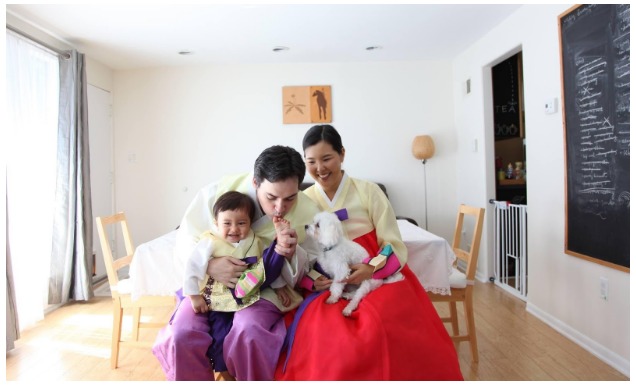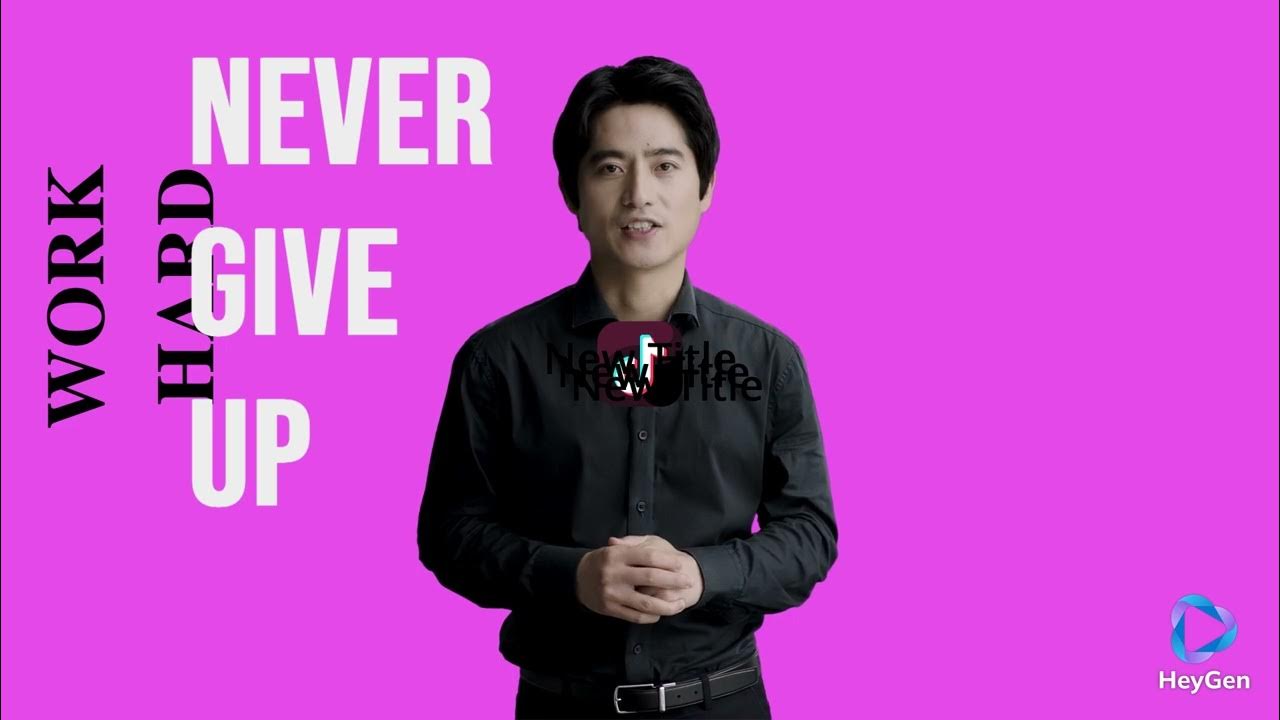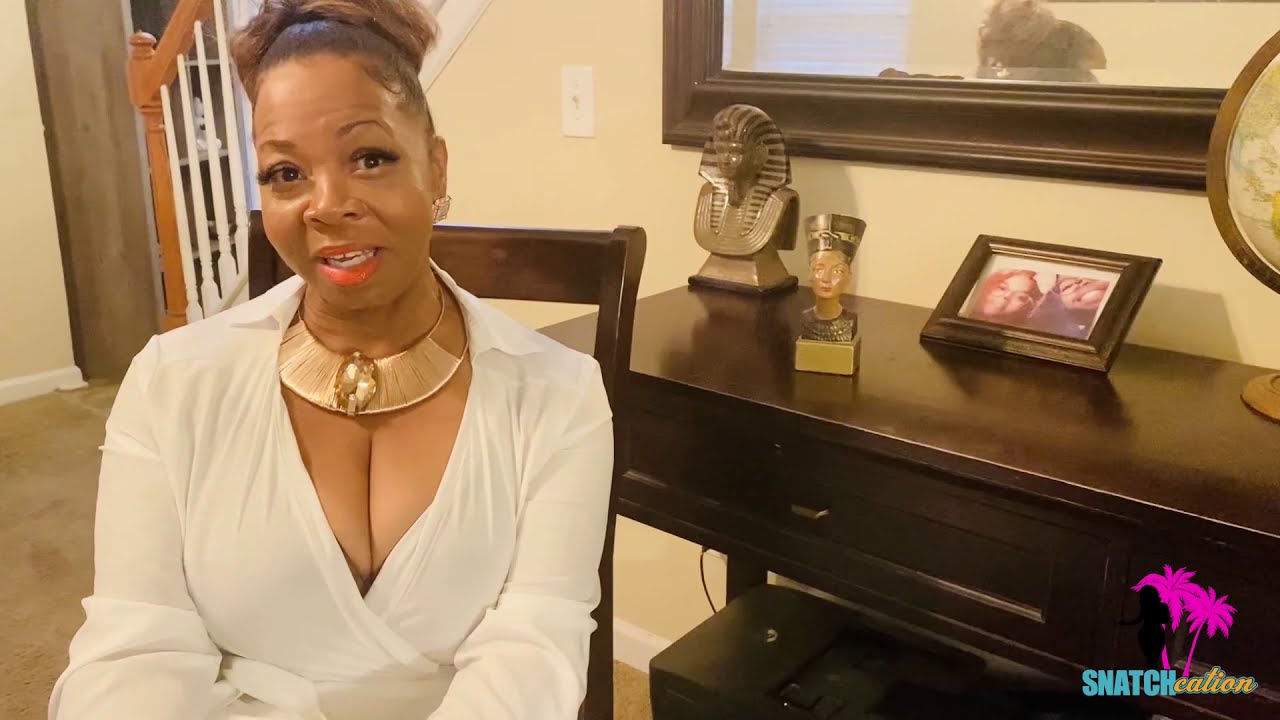South Korean Artist: Eunsu Kang
Eunsu Kang is an innovative artist and professor from South Korea. She can be found in and out of art galleries all over the world. She is currently teaching a New Media program at The University of Akron. New Media art techniques are groundbreaking. It’s the crisscross of technology and painting. This woman is basically one of the pioneers of interesting things. It’s interesting when art and technology fuse. Innovation occurs when worlds bleed together and this artist isn’t afraid to reach out to engineers, coders, musicians, dancers, and choreographers to make her vision come true. For this reason, Eunsu Kang’s work is truly a chimera of mythical proportions. We even call it mind-blowing. Eunsu Kang is a mind-blowing artist to look out for.
Her work is simply phenomenal because it is the art of the future. The art she creates is ahead of her time, and it probably has something to do with her living in multiple realities on a daily basis. She was born in South Korea but moved to the States for graduate school. Her husband is from another country, so in her home alone she has to balance three very different cultures. Her cross-cultural background has given her a unique perspective. Her perception of the world helps her to create the most rewarding artistic experiences.
You will be moved when you set foot in one of her exhibitions because you will see her imagination manifesting right before your eyes, and you will feel like you have entered a different reality, not just a gallery space. She’s found a way to let the viewer become a part of her creative process. Eunsu makes art come alive because her work is the sculpture that dances, the frozen photograph that reaches out and touches your soul. Her work is a painting talking to us in seven languages because it’s innovative and eclectic.
Luckily for you tech geeks and art lovers, we got Ms. Kang to give us an exclusive interview and peek at her life.
KL: What kind of name is Eunsu Kang? How has the name helped or hindered your professional career?
EK: It’s a Korean name. Eun means graceful and Su means a grain of rice. The Kang family has a quite a lot of people in Korea, and our family tree book says our family started with three brothers some hundreds or thousands of years ago.
KL: How has living in South Korea influenced your art?
EK: My personality and culture is Korean. It won’t change because I lived until my late twenties in Korea. I was fortunate to start my career in Seoul, which is a metropolis with lots of people and energy. I earned good attention at the very beginning at once, then had 2-5 shows every month or so for some years before I came to the US. That taught me a lot about being a professional artist and also made me want to study more, which was why I came to the US. The social complexity and cultural vibrancy of Seoul definitely helped me to see more, learn more, and so take an action to move forward in my own way.
KL: What is your art about?
EK: It’s about the feeling of being muted for any kind of reason and being invisible or feeling invisible. I’ve been trying to make a way of making those muted or invisible moments of ourselves visible and audible. You know the moments that feel so intense to us, that nobody can see. I want to do this, be creating an interactive piece that people can communicate with. It will allow people to have a conversation (mostly with gesture, not verbally though) with the piece instead of just watching what’s not given to them.
KL: What are the major ways America is different than South Korea?
EK: There are too many subtle differences. Seriously, there are so many differences between our cultures. I still uncover new kinds of differences after living in an area for over 10 years. Social interaction is definitely different. In Korean culture, we are not supposed to mix our private life and professional life. So, for example, you won’t bring your wife and kids to any company party because it’s an extension of your work. When dealing with the professional life. If you mix them, it’s considered to be unprofessional. However, because of strong influences from American culture, it might be changing now. Traditionally, Koreans thought it’s rude to look at the person’s eyes when you talk to them. I think this taboo is also changing. In Korean culture, you are supposed to listen first and talk only if you are very ready and certain of your speech. In America, everyone is having brainstorming meetings where everyone is just thinking out loud, and this was very strange to me at first. I got used to it and see that thinking out loud can have benefits, but sometimes I feel it’s a waste of time to verbalize and have people listen to thoughts that are shallow and superficial. Literally there are too many cultural differences to speak of. This is not something that can be described in one or two sentences. It’s a result of so many very tiny subtle differences.
KL: Can you tell us about your most recent art projects?
EK: My most recent art project, Voice Woven, is an interactive sound visualization with multi-channel sounds. Each channel is a voice of one person They are talking about their lives, ups and downs and honest thoughts. Their voices are visually and aurally woven by visitors. There is a wheel that resembles a traditional spinning wheel. When the visitor spins it, the threads of voices will be woven. Visually, the sound waves form threads that are literally woven and sound-wise, all voices are granulated and mixed together through all four channels.
Those voices are from women I know. I’m so fortunate to know them. They are not rigid women, yet they are very strong. They have a gentle kind of strength. They all have a real bravery that comes from honesty and acceptance of your life. They are very inspiring people. They talk about their lives, ups and downs, their thoughts. Their voices are beautiful to me because of who they are and the variety of their lives. They are all so different in how they live with different curves of lives, but all so beautiful.
KL: Can you tell us about your husband?
EK: I don’t know if it’s appropriate to give his personal details here. Between you and me, his name is Barnabas Poczos. He is from Hungary. He is a professor in Machine Learning. We met in Pittsburgh (oops).
KL: Can you tell us about your son?
EK: His name is Sahn-Barnabas Kang Poczos. He is American. He is very fun happy delightful 17-month-old boy. He is just starting to talk and calls all cars “butt” because he cannot pronounce “c” yet, haha. I think it might be confusing for him that we try to teach him all three languages, Korean, Hungarian, English; however, I know he will be fine eventually.
KL: Do you think all countries should have birthright citizenship?
EK: I’m not sure about that. It all depends. Every country has different culture and perspectives on that. For example, Korean citizenship is earned if one or both parents are Koreans. Although you are born in Korea, if you parents are both foreigners, you don’t become a Korean citizen. Korea has been in its land since the stone-age but the US is an immigrant country. It is built by people who immigrated here with their children. So it makes sense that the US goes with the birthright citizenship.
KL: Can you tell us about your worst and best visa run?
EK: I actually didn’t have any bad experiences. It all went easily and smoothly. I’m privileged in that sense, but I know many other people have had experiences where the process went horribly wrong. My worst experience was when the University of Akron didn’t give me the right information, so I had to stay in the airport for hours and paid a fine for coming home to Akron from my visit to the UK for a conference.
KL: Can you tell us the major ways you have changed from a 20-year-old woman to 40?
EK: Definitely better, haha. I am wiser, more patient, and softer. I think this is my personal change and does not apply to all women. I was more rigid when I was younger. Also I didn’t understand why people cry during sad movies. Now I do. I don’t think our personality changes. However, the way we look at our life changes. After experiencing and seeing many different ways of living, I can say I changed for the better.
KL: How do you feel about aging?
EK: In terms of things that have been established in my life, like getting married and giving birth to my son, starting a small family, and me being matured (mentally? spiritually?), I like it. But I don’t like that my face looks tired easier. Wrinkles are a part of getting older. You can see the time I have been here on my face.
KL: What do you think the key is to being successful abroad and in life?
EK: Being able to accept what is happening in your life and learning from that experience will definitely make it successful. We need to understand that everything is in a spectrum and there are always more things to what’s going on than we think. It is important to understand how diverse everything is, including people. Difference is not a bad thing, but something that makes our lives more interesting. Focusing on what you are learning from that experience really helps to go through difficult times or emotions when you face strong walls.
KL: What are the challenges and benefits of having an interracial and international family?
EK: Challenges would be we grew up with different kinds of foods and cannot enjoy some of them together. We cannot share our childhood memories about TV shows, songs, and places we visited. The challenge of having little in common is also the benefit because we can learn more together as a couple. We can try all types of different foods that the other has never heard of and expand our boundaries together. We constantly expose each other to new things from our different heritages.
KL: If you gave a Ted Talk, what would you talk about?
EK: I would talk about my artwork. At some point, I want to talk about refugees and road kill animals in my work. I don’t know when it will happen yet.
KL: As a South Korean woman, have you experienced any prejudices in the US, or has your time here been relatively harmonious?
EK: Of course, I’ve experienced tons of prejudices. But I don’t remember all the details anymore, probably because I got over them. Usually, when it happens I just had to think about it to realize what happened, so there were many days I was regretting not being able to react to those actions right there and say something to stand up for myself.
KL: As an immigrant, do you feel Americans generally have a good impression of immigrants?
EK: This is not something I can tell easily. It all depends. When I was in the circle of graduate school of my field, most people I met were brilliant and respect our differences. When I finally started to work, I met people who have not been exposed to international communities that much and it was quite different. We all know that people have double standards based on the status of the immigrant and also how rich they are, where they are from, etc. It’s impossible to say just immigrants as one group. There are some people badly talking about all immigrants and it’s really funny because Americans are all immigrants. That person is saying his family, parents, and him or herself should not live in the US.
KL: Do you think legal immigrants should be able to vote in America after they have lived in the country for 7 years?
EK: I haven’t thought about it. I would be interested in voting right. I would say yes to this because in my case this is where I work, live, and my son is going to live. I’m genuinely concerned about the future of this country, so having a voting right would be nice.
Q: What is one thing from America you would take back to your home country? What is one thing from South Korea you would bring to America?
EK: There is less ageism here. I would like to take it to Korea and see people discuss things together regardless of age or status. I’d like to bring Korean culture that has less individualism to the US. In my first years, I was shocked American classmates and friends didn’t leave a room for other students who came late to the class show. In Korea, they would worry, call the student, and try to leave a room and wait, basically do everything they can as friends. However, this is also case by case. This may not be a good example. The other thing is that I envy Americans because they can work with people they don’t personally like. That’s very logical and practical. Korean’s are not good at that. I like that Korean culture respects knowledge and honor more than money in comparison to American culture that allows money to forgive anything as far as I see. It might be changing now sadly though.
Fun questions:
KL: What music is on your iPod?
EK: My iPhone has Idina Menzel, Adele, and Imagine Dragons and so on. I don’t actually choose and add those by myself. My husband did. I usually don’t add any music on my iPhone or any device I carry.
KL: What is your favorite animal?
EK: Dogs
KL: What is one stereotype about Americans you find true?
EK: That Americans like pizza and Americans are down-to-earth. That is true, and I think it’s Americans’ strength.

"
来自Lyon Brave的文章
查看博客
导言: 在营销领域,有一些人拥有卓越的才华、远见和决心。Lyon Amor Brave就是其中之一,她是营销和商业领域不可忽视的力量。凭借对创造引人注目的营销活动的不懈热情和对创新的敏锐洞察力,Lyo ...

First of all it's Christmas time and holiday cheer is spreading. · When the new year creeps in and t ...

Get ready to embark on an empowering journey of self-transformation with Snatchcation, where dreams ...
你可能对这些工作感兴趣
-

Front Desk Service Agent 前台接待
发现在: beBee S2 CN - 2天前
Doubletree by Hilton Hotel Guangzhou Science City Guangzhou, 中国 全职根据预订优质快速的为客人办理入住手续,确认相关信息,如:房价,人数等,依客人喜好予以排房。向客人介绍酒店各种宣传促销活动及推销希尔顿荣誉客会给非会员,吸引新会员的加入。指引去房间的方向并解释房卡的使用方法,向客人分发礼物等。 · 确保入住期间的各项需求能有效满足,帮助客人办理外币兑换及结帐手续。接收现金,信用卡,旅行支票,公司或第三方付费等付款方式。 · 热情友好的问候客人,对客人的合理需求予以积极恰当的回应。准确提供各种信息如:酒店营业场所的营业时间及VIP促销计划等。 · 对自己权限范围内不能予以解决的问题和需求,及时反馈给相应部门和人员予以解决。 ...
-

Researcher (Industry hire all level) - Research Asia
发现在: Talent CN S2 - 1天前
Microsoft Shanghai, 中国 全职Overview · Microsoft Research Asia (MSRA) is one of the world's leading research institutions, driving innovations in various areas of computer science and technology. Now we are looking for Researchers in areas such as (but not limited to) Deep Learning, Reinforcement Learni ...
-
Sr Sales Engineer
发现在: Talent CN S2 - 6天前
Johnson Controls Shanghai, 中国 全职What will you do ( 你将做的是 ) · 1. 根据业务管理要求,专注于发展江森自控在制药行业业务,完成各项销售任务; · 2. 维护并拓展客户关系,跟进已签订项目执行情况,保证项目执行质量,对设备销售类合同负责收款工作; · 3. 与内部团队、外部资源合作,根据制药行业客户需求制定最佳方案; · What we look for (我们需要的是) · 本科以上学历; · 责任心强,需要对客户负责,对解决方案的最终效果负责,对公司的销售任务负责 · 具有学习能力和学习意愿,开拓创新精神和资源整合能力 · 在制药行业有销售或工程工作经验 ...

评论
Lyon Brave
7年前 #1
thank you for your kind words @debasish majumder